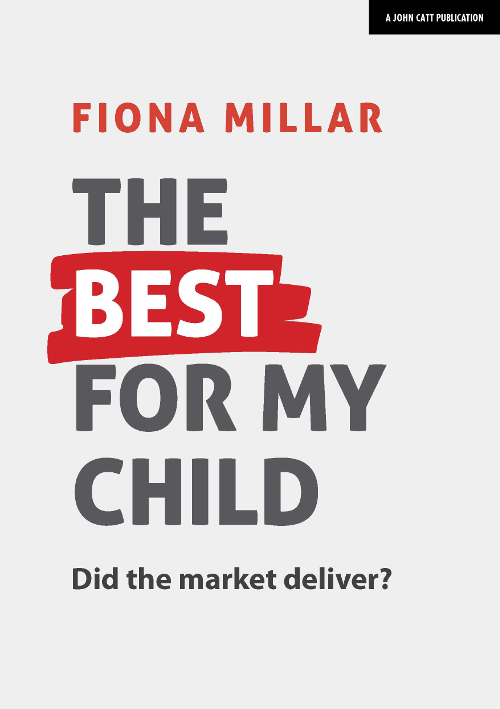School Policy Must Focus More on Students’ Personal Circumstances

Personal circumstances have a far greater impact on academic outcomes than schooling – so why do we persist in focusing policy development on the latter, asks Fiona Millar

- by Fiona Millar
- Writer and education campaigner Visit website

The recent BBC2 television programme, Living With the Brainy Bunch, seems to have caught the public’s imagination.
For those who neither saw it, nor read the reviews, it covered an experiment at one local comprehensive school in the South of England in which underperforming teenagers were invited to go and live with their high-flying classmates for six weeks to boost their GCSE results.
The results were, by all accounts, impressive. In particular the programme focused on the impact of routines, discipline and rigid homework timetables in the high-achieving homes in the run up to the exam period.
Early bedtimes, regular family meals, homework schedules, curfews, restrictions on technological devices and social media seem to have paid off.
The obvious conclusion is that if young people who are underperforming or show challenging behaviour have their personal circumstances changed, their outcomes can be very different.
Background checks
In many ways that is common sense; most research seems to suggest that the pure ‘school effect’, in other words the value that schooling alone adds, amounts to about 20% of any young person’s achievements.
Though it might be worth remembering at this point that for some young people achievement might not only be judged in terms of a clutch of top grades.
Nevertheless it suggests that home background, parenting, and the influence of peer group and community play a huge part in supporting life chances and offering opportunities, as do those nebulous concept of social and cultural capital which comprise all of our wider personal experiences, networks and relationships.
But this also hints at some troubling implications. If these ‘out-of-school’ factors are so important, why do we place such importance on education policy in isolation?
We may never achieve the holy grail of high standards and educational equity, in other words a situation where home background doesn’t impede success, unless we see such a goal in the context of wider social policy on families, housing, health, welfare, work and poverty.
Patchy progress
In the last six months I have been researching and writing a book on the 30 years of education policy since the huge reforming 1988 Education Act which ushered in the ideas of diversity, parent choice, competition and a quasi market in schools.
Ultimately these changes led to our reliance on accountability measures such as Ofsted, league tables, and a proliferation of new types of schools in the form of academies, free schools, studio schools and UTCs.
In some ways more accountability did help to improve ‘standards’, though since there is no clear definition of what we mean by standards, and exams and performance measures change all the time, even that isn’t conclusively clear.
But success has been patchy; some parts of the country have improved beyond recognition and I have written before here about the London story.
But other areas, and some groups of students, have stubbornly resisted all school improvement strategies and are still typified by poor outcomes and disappointing progression into work, further or higher education.
As a head in one of those towns put it to me: “In an area like ours you have to lift a whole community, and schools can’t do that alone”
Essential needs
One newspaper article previewing the Brainy Bunch programme included some top tips for exam success from the former head of Harrow School, Barnaby Lenon: seven hours a day revision in the Easter holidays, clear revision times tables, lots of healthy meals, fruit and vegetables.
This might be the bare minimum for a boy at Harrow, but I found myself wondering if he understood that some children’s needs might be more basic: a warm dry home, a safe space to work, breakfast in the morning, parents who are there to provide emotional support as well as all those nourishing meals.
All of these impact on children’s life chances, and in turn influence the sort of society we create; a few weeks with the brainy bunch only scratches the surface.
 Fiona Millar (@schooltruth) is a columnist for Guardian Education and a co-founder of the Local Schools Network (localschoolsnetwork.org.uk). Her latest book The Best For My Child: Did the Market Deliver? is published by John Catt Educational (£14)
Fiona Millar (@schooltruth) is a columnist for Guardian Education and a co-founder of the Local Schools Network (localschoolsnetwork.org.uk). Her latest book The Best For My Child: Did the Market Deliver? is published by John Catt Educational (£14)










